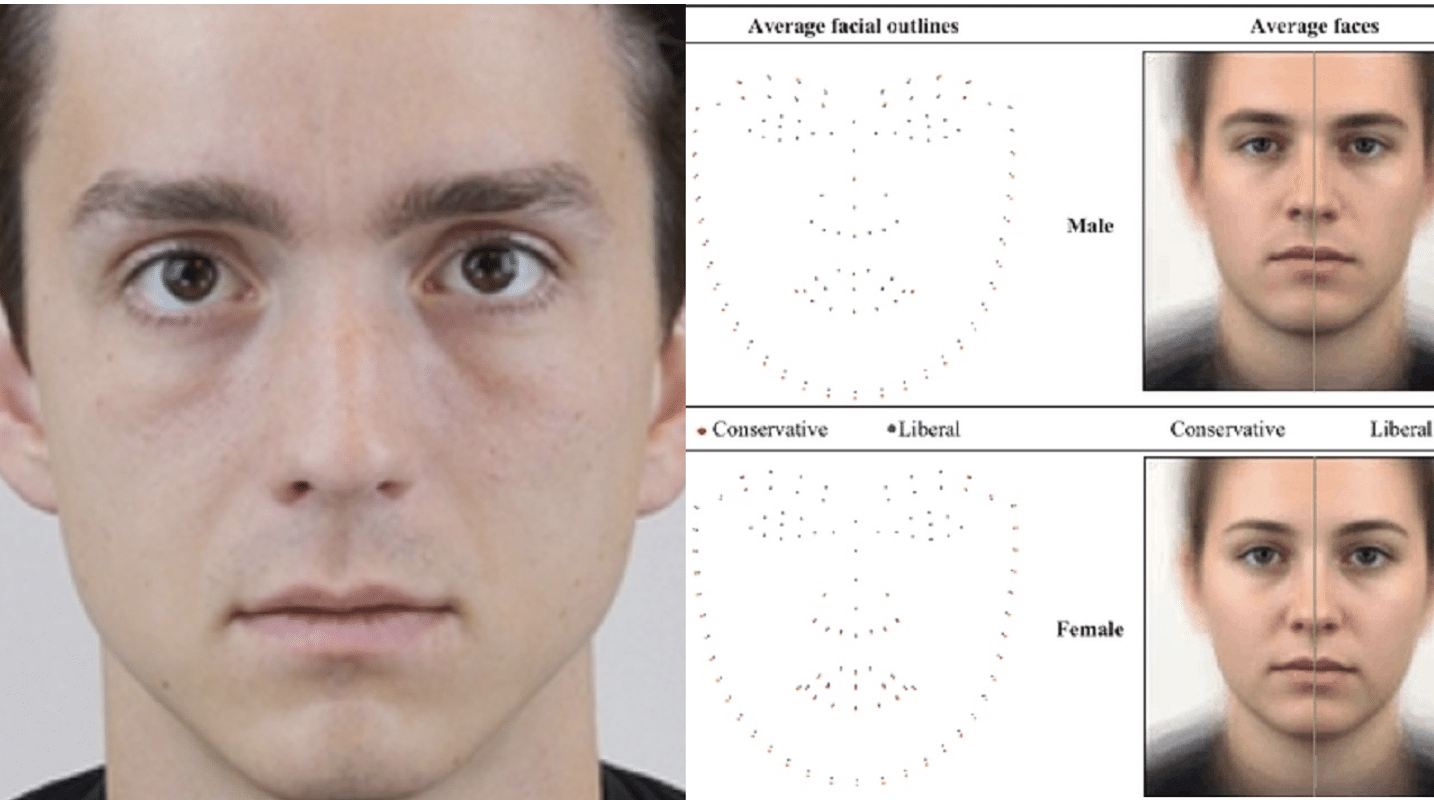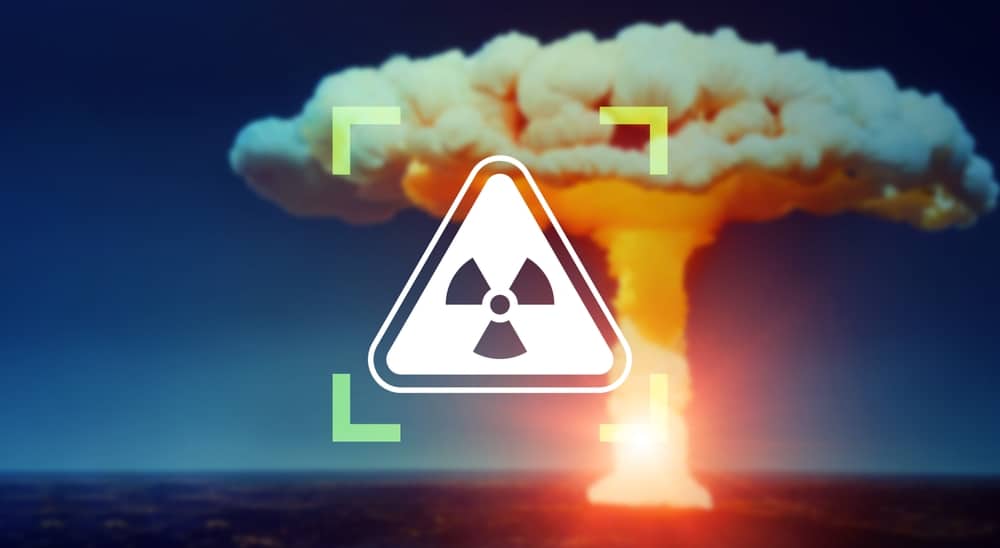The U.S. has “crossed the epidemic threshold” when it comes to flu, federal health officials said Friday, as they outlined plans to deploy troops and FEMA personnel, and supplies like ventilators, if needed, in response to a nationwide surge of respiratory illnesses that also includes RSV and COVID.
U.S. flu hospitalizations are higher now than they’ve been at this point in every other flu season since 2010-2011, officials with the U.S. Centers for Disease Control and Prevention said on a press call.
The country is seeing a resurgence of non-COVID respiratory illnesses like flu, RSV, rhinovirus, and enterovirus, with background levels of COVID, according to Dr. José Romero, director of the National Center for Immunization and Respiratory Diseases.
Federal officials are monitoring hospital capacity throughout the U.S. and are “standing by to deploy additional personnel and supplies as needed,” Dawn O’Connell, assistant secretary of the Department of Health and Human Services’ Administration for Strategic Preparedness and Response, said on the call.
If a state or jurisdiction exceeds its ability to care for patients, a team from the National Disaster Medical System may be deployed, she said, adding that response might also include personnel from the Department of Defense and the Federal Emergency Management Agency, or FEMA.
If extra supplies like ventilators or personal protective equipment are needed, they’re available upon request from the Strategic National Stockpile, she added. No states had requested this level of support as of Friday.
Federal health officials on Friday painted a picture of some respiratory illnesses like flu surging in some areas of the country, with other areas seeing peaks of RSV, or respiratory syncytial virus infection. Cases of COVID and flu-like illnesses are occurring all areas, they said.
RSV is a common virus that hospitalizes thousands of infants and young children each year, though it can also pose a risk to the elderly. Symptoms can range from mild cold-like ailments like sneezing, sore throat, fever, and stuffy nose to pneumonia, which can prove fatal. Patients can quickly take a turn for the worst.
In the Southeast U.S., nearly 20% of flu tests sent to a lab are returning positive—most of them for influenza A, which appears to be more severe in children and the elderly. In the Mid-Atlantic and Midwest regions, an early flu season is also causing severe illness in those age groups, according to Romero. (SOURCE)

















